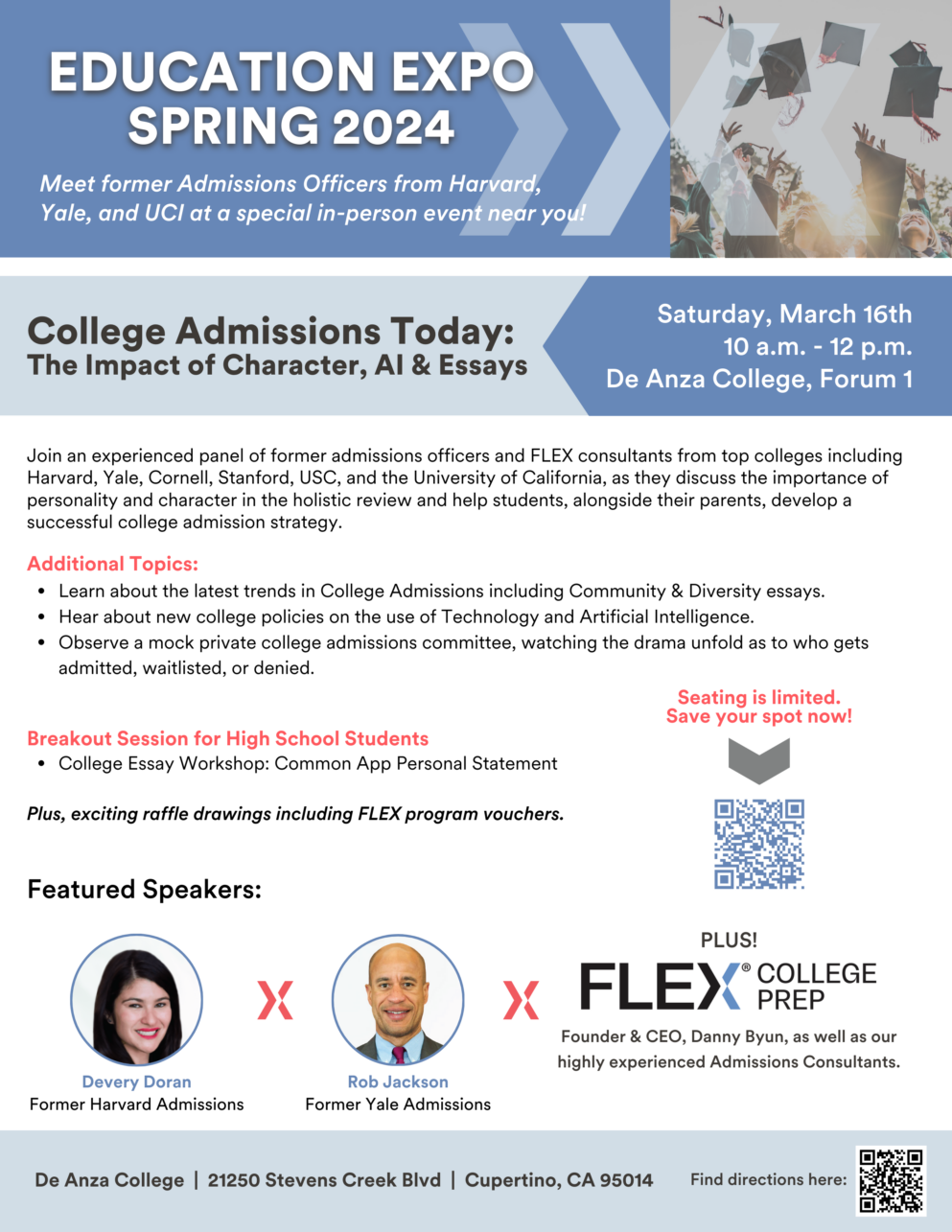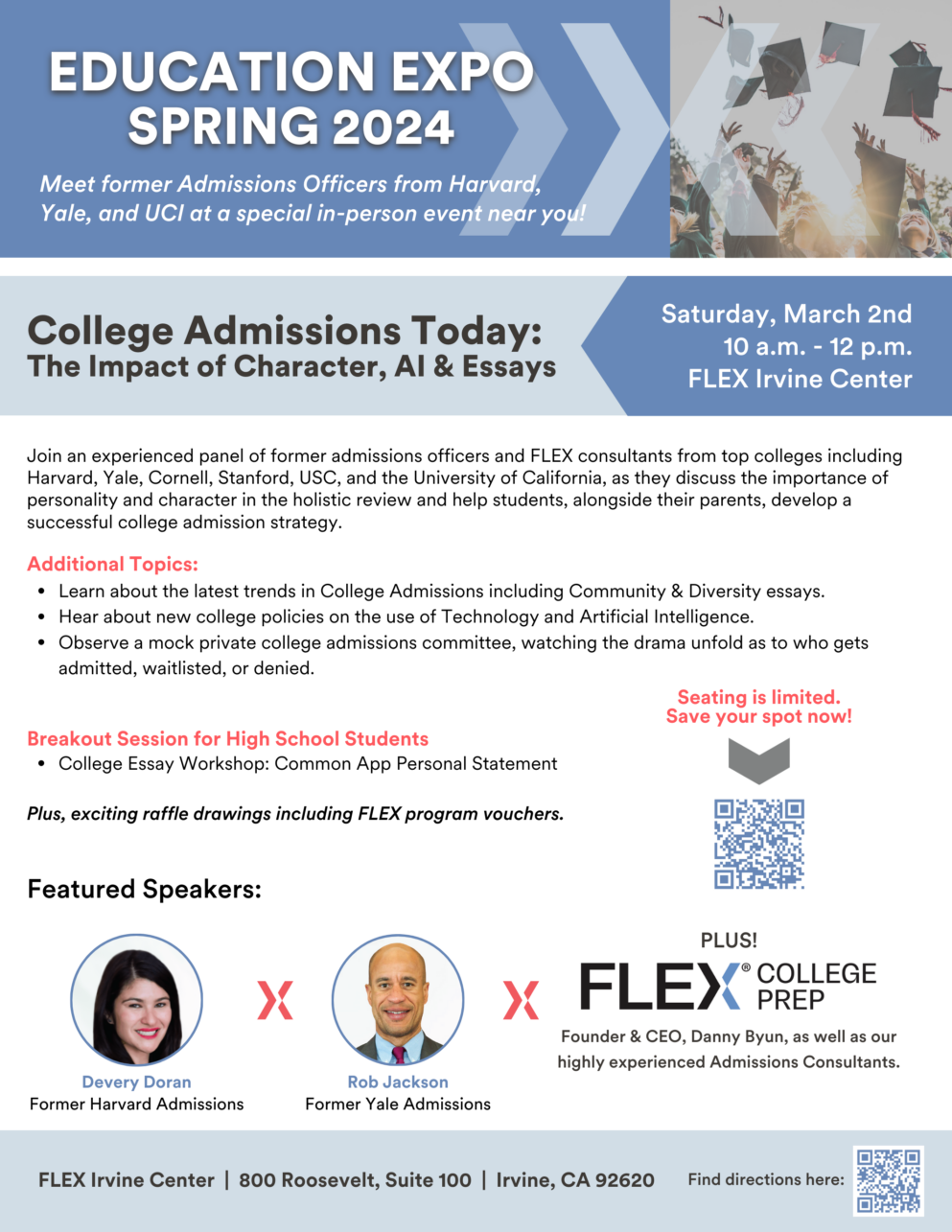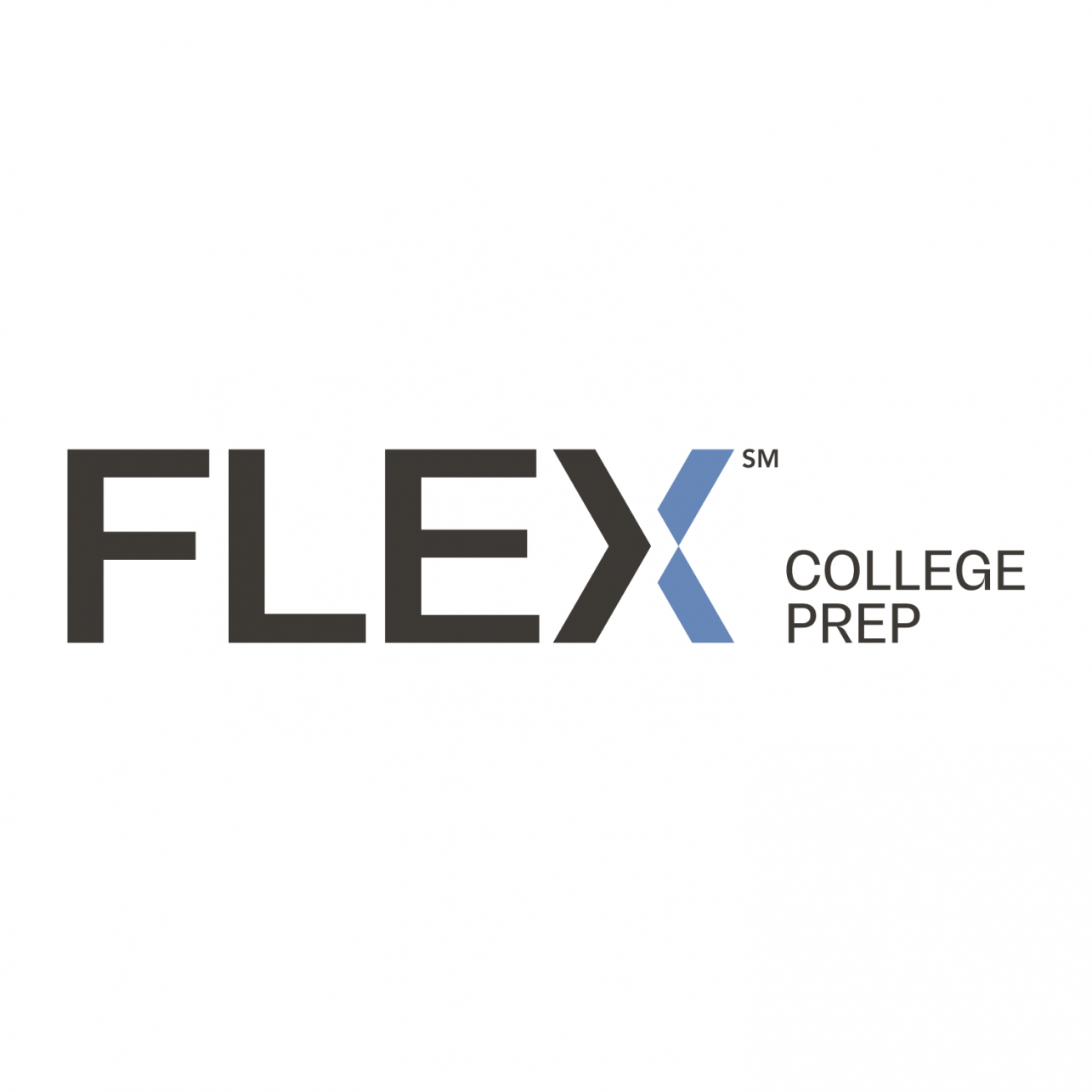Summer has already begun and for our rising seniors (Class of 2016), it is the season of the college essay.
All across the country, sixteen and seventeen year-olds are struggling to find the five hundred words that will capture their unique selves and make them stand out among the tens of thousands of other college applicants—all of whom will also have their say. This prospect, which would be daunting for many adults, has some high school students so fazed that it prompts them to say they wish they had experienced adversity simply in order to have something to write about.
For all the ruckus, however, the college admissions essay remains a wasted opportunity for all too many students. This is largely a result of the misperceptions that surround this particular area of the college admissions process. Many people aren’t even sure how much weight the essay carries in the admissions process, let alone what the college admissions officer is looking for in a student’s essay. In fact, this question is worth tackling right at the onset: Just how important is the college essay?
As college admission becomes increasingly competitive, the nuanced differences between one student and another are becoming magnified. But the differences are not academic. For instance, whether a student scores 2280 or 2330 on the SAT, whether he earns straight A’s with three AP classes or four, will not have a major impact on the admission process. Instead, personal points of contact (the college essay, the admission interview and other correspondence with the college) are where students can differentiate themselves. In that sense, the college essay is the main way for students to communicate their passions, advance their application strategies and stand out in a crowd. So what exactly is the college essay?
The college essay is a written response to a prompt (or prompts) in the college application. Depending on the college and major you apply for, the questions can be different. For instance, below are a variety of prompts asked of engineering majors:
- Cornell: Tell us about an engineering idea you have, or about your interest in engineering. Describe how your ideas and interests may be realized by—and linked to—specific resources within the College of Engineering. Finally, explain what a Cornell Engineering education will enable you to accomplish.
- MIT: Tell us about the most significant challenge you’ve faced or something important that didn’t go according to plan. How did you manage the situation?
- USC
- How do you plan to use your engineering degree to benefit society?
- Some people categorize engineers as geeks or nerds. Are you a geek, nerd, or neither? Why?
- Yale: If you selected one of the engineering majors, please write a brief third essay telling us what has led you to an interest in this field of study, what experiences (if any) you have had in engineering, and what it is about Yale’s engineering program that appeals to you.
The college essay is an opportunity to show how you as an applicant are different or unique. Most high school students have similar activities and experiences. For instance, many students play piano, violin or cello; play soccer, golf or basketball; volunteer at the library, hospital or community center. After a while, all these students begin to look alike to the colleges. The college essay gives students an opportunity to differentiate their experiences. In fact, the prompts are worded in such a way as to allow students to communicate their uniqueness. For example, consider these common essay questions:
- Describe an experience and how it has shaped you and your goals
- Describe an extracurricular activity and why it’s important to you
- Indicate a person who has had an influence on you and describe that influence
- Describe a challenge you faced and how you overcame that challenge
I like to consider such questions a personal invitation from the admissions officer for a student to reveal something intimate, authentic, and unique about himself. In other words, colleges really want to know who you are.
Additionally, students will most likely have to write responses to questions that talk about the particular college they are applying to, their academic interests, and how that college can help further these academic goals. Such questions might ask:
- Why would you like to attend our college?
- What major are you considering and why?
Such essays require a different writing strategy: one that is not so much personal as representative of the student’s genuine knowledge of and experience with a particular school.
As can be seen from the sampling above, students must write many essays, and many different ones. Therefore, it’s critical that students have a plan for tackling these important compositions rather than waiting until the last minute for creativity to strike. In fact, during the summer, students should make an essay completion schedule based on various school deadlines.
A few essay writing tips
- Be yourself. College admissions officers don’t want to read essays that merely recount your achievements or successes.
- On the other hand, package yourself strategically. While you want to be honest, there are certain weaknesses and less positive experiences that you may not want to detail in a personal statement.
- Do not simply repeat information found elsewhere in your application. A student’s activity resume is on the page immediately preceding the essays. The essay is an opportunity to expand on activities found on this list rather than merely restating them.
- Show, don’t tell. Use details, descriptions, and narrative scenes to give the admissions reader an enjoyable reading experience.
- Use common sense! There are topics you should and should not write about. For instance, boys should not write about video gaming.
- Make sure the different parts of your application come together to tell a consistent story. The essay should highlight, develop, or expand on key factors in your application, or should shed light on situations that might not come up during the normal course of the application.
- Finally, start early! Essays take a lot of effort. In fact, the brainstorming process requires time and patience. Many of our best student writers find themselves scrapping multiple first drafts of ideas before hitting their stride. Don’t wait until the last minute!

Students need to stand out in the competitive admissions landscape. FLEX College Prep is a team of the best strategists in the industry and takes a holistic approach to ensure students use their pre-college years in intentional, enriching, and personally satisfying ways. Since 2001, we’ve worked with families to help students unlock their potential and find happiness, meaning, and success in college and beyond.


































